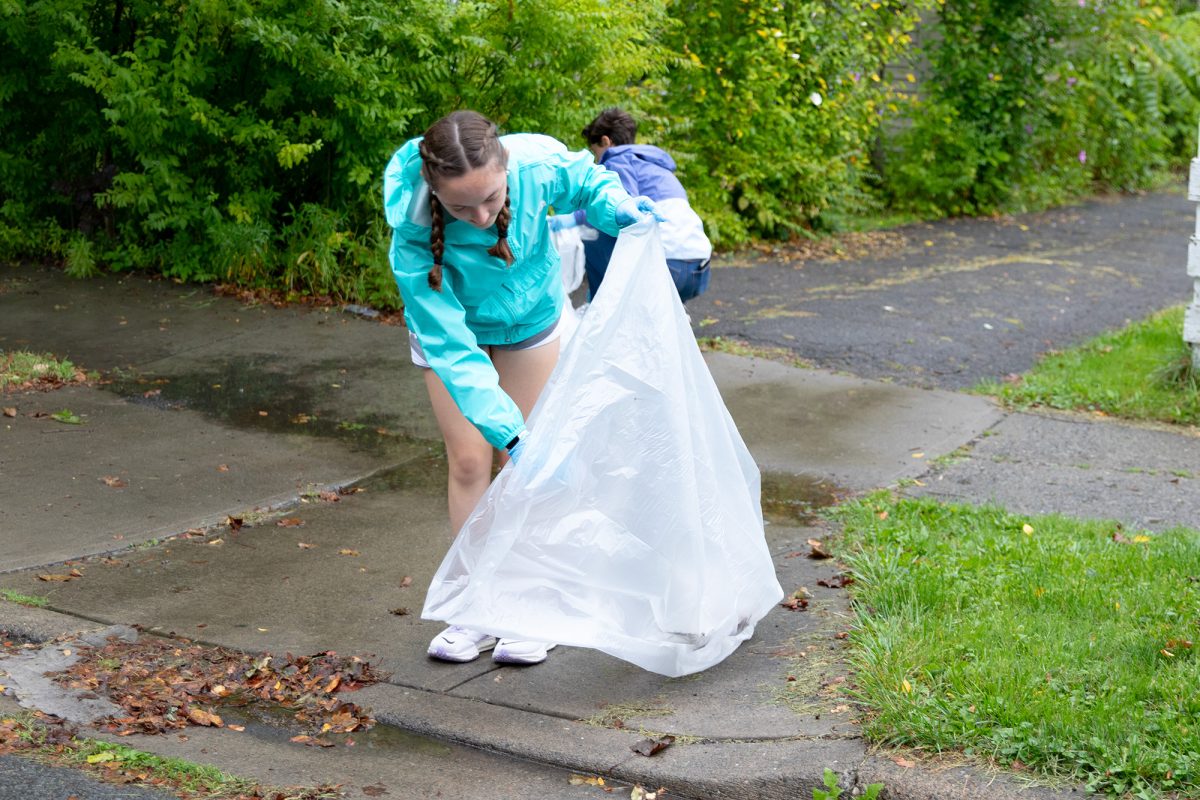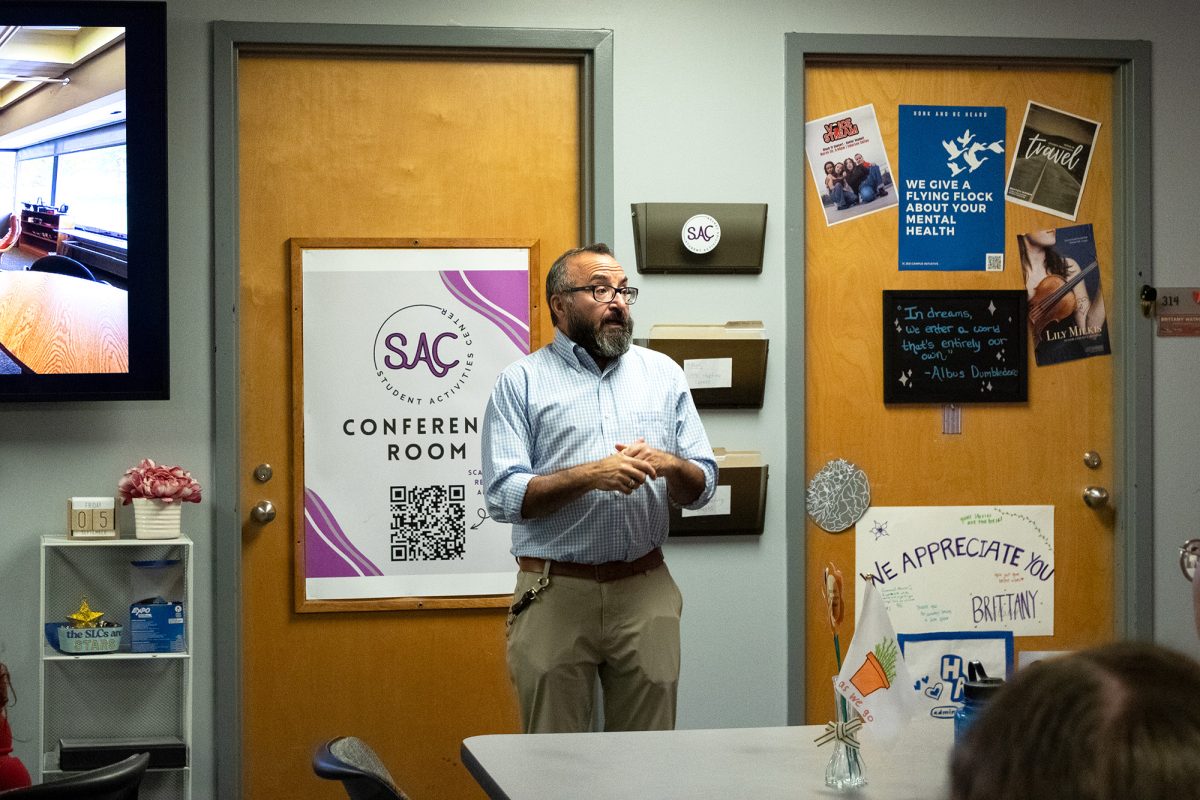For the fourth year in a row, Cornell University has been chosen as one of the 100 best U.S. employers for working mothers by Working Mother magazine.
With the addition of Cornell Child Care Center under the management of Bright Horizons Family Solutions, the institution continues to strengthen its reputation as one of the most accommodating employers in the area, according to Working Mother magazine.
The care center at Cornell is located on campus, with room for 158 children, 48 infants, 50 toddlers and 60 preschoolers.
Joseph Schwartz, public information officer at Cornell, said there are many programs at Cornell that led to the recognition of Working Mother magazine and others that have acknowledged Cornell over the years.
“Cornell tries to have a comfortable working environment for everyone,” Schwartz said.
Lynette Chappell-Williams, associate vice president for workforce diversity and inclusion at Cornell, helped develop these programs and continues to invent new ways of meeting the needs of Cornell families. The most recent project aims to offer flexible work arrangements to employees.
“This program allows employees to modify their work hours or to work remotely, such as from home, which provides for an opportunity for balancing work opportunities and family,” Chappell-Williams said.
Here on South Hill, Ithaca College does not offer the same options for its working parents.
Mark Coldren, associate vice president of the human resources department, said even though the college helps new employees find nearby day cares for their children and provides leave time to new mothers in compliance with the Family Medical Leave Act, he still receives requests for there to be child care offered at the college.
Coldren said the college could learn from Cornell about providing child care assistance but Cornell’s size and resources probably allow for such a comprehensive program. In the near future, Coldren said he hopes to develop an assessment to measure the level of faculty interest and the feasibility of the program.
“We need to see what people want now and five years from now,” Coldren said. “It’s important to know in advance how many faculty members would participate in a similar program.”
Cornell offers other options for faculty and staff with children. Chappell-Williams said the Child Care Grant Subsidy Program has been in existence for more than 10 years. The grant is meant to offset the costs associated with child care and is based on the household income, age of the child and the actual cost of care. The maximum amount awarded to any given family is $5,000. Chappell-Williams said a similar program is also available to students with children but is managed by the Graduate Student Office and funded through the Provost’s Office.
Chappell-Williams said Cornell also offers comprehensive Family Services and Child Care Services committees to address work, life and family integration.
Brooke Hansen, associate professor of anthropology at the college, said she remembers struggling to find affordable day care. When her child was young, Hansen said she was forced to bring her daughter to work with her because of the lack of affordable day care. Now that her daughter is grown, Hansen will occasionally look after the 3-year-old daughter of assistant professor of anthropology Sue-Je Gage, a colleague who now faces the same problem.
“My technique was ‘She’s just going to have to come to school with me,’” Hansen said. “A lot of people on campus bring their kids and leave them in their office. They’ll play on the computer or watch something, or if they’re young we’ll have a colleague keep an eye on them.”
Coldren said that Cornell’s success in providing for its faculty gives the college something to aspire to.
“We know this is something we’d like to do better in the future,” he said.
Stan Seltzer, associate professor of mathematics and head of the faculty council, said the establishment of a day care center is suggested at budget meetings each year but is never prioritized. Seltzer said there will be discussion at the faculty council meeting next week to determine whether child care will be given precedence over other issues the college is facing.
“I can’t even figure it out in my own mind, and I don’t think it would be appropriate to speculate,” Seltzer said. “As far as we’re concerned, next week is the time we’ll discuss it.”
Hansen said the program wouldn’t necessarily have to be a major financial undertaking. She envisions a program where college students could watch the children of faculty and staff as part of projects for their major.
“If you’re using students who are doing projects to help volunteer to watch the kids, and the kids are actually doing enriching activities as part of the observation of development, then it seems like it would be kind of subsidized in that way,” Hansen said. “All the parents I know would love that.”







